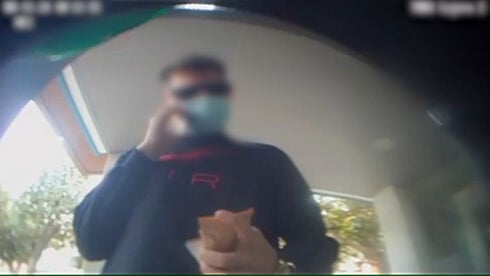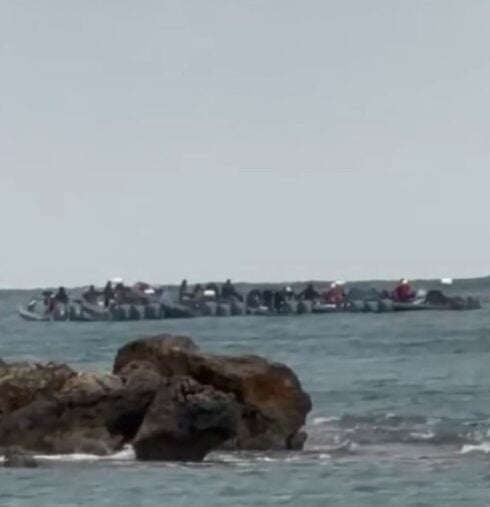AN INTERNATIONAL gang that swindled 250 people in Spain out of over €150,000 in a pet sales scam has been brought down by the Guardia Civil.
A joint operation with Interpol and Columbia’s Policia Nacional has seen 28 people arrested and 30 investigated in Spain and Columbia.
So far 681 crimes have been identified but investigations are still ongoing with offences likely to reach a thousand.
READ MORE:
- Warning over fraudulent toy poodle breeders in Spain after gang ‘forged pedigree certificates to charge €4,000 per dog’
- Cruel scammers in Spain are arrested for ‘pretending to find missing dogs and charging their desperate owners compensation’

The Guardia’s crime includes 335 scams, 158 usurpation of civil status, 95 falsification of documents, 33 threats, 60 money laundering offences, and membership of a criminal organisation.
The gang had a volume of over €35 million in cryptocurrency transactions as well as over €3 million in cash through Spain.
Operation Canmoney was launched after a person complained of being defrauded after paying for a pet that he never received.
The money obtained from the scams was deposited into bank accounts and subsequently converted into cryptocurrencies to be transferred to gang accounts.
The scams focused on the sale of pet dogs offered for about €500 euros through internet portals.
To gain the trust of victims, the scammers used stolen identity documents, obtained from other conned victims.
After receiving their first payment, the sellers demanded more money and if the victim refused, they made death threats via text messages or phone calls.
The intimidation included sending threatening images of guns to ensure a ‘mark’ would pay.
A suspect was arrested in the Valencia area during the early stages of the Guardia Civil probe.
Cryptocurrencies were used to make it harder for authorities to detect criminal activity.
A key facet of the investigation was a call centre owner who acted as a front man for the operation in Spain.
The owner and his partner deposited about €3 million through ATMs across the country.
The money was then converted into cryptocurrencies and sent to hundreds of cryptocurrency addresses, making them difficult to trace.
Different people in Spain and Colombia were in charge of opening bank accounts where the money from the scams would be deposited.
Gang members were responsible for receiving the money, converting it into cryptocurrencies, and depositing it into decentralised cryptocurrency addresses.
These were in turn operated by members of the crew based in Colombia and Cameroon.
In the twelve searches carried out – nine in Spain and three in Colombia – the mobile phones used to commit the scams and maintain contact with the victims were seized.
Property, vehicles, computers, money-counting machines, mobile and computer devices, cash, cold wallets, cryptocurrencies, illegal firearms and related documents were also removed.
Click here to read more Crime & Law News from The Olive Press.








